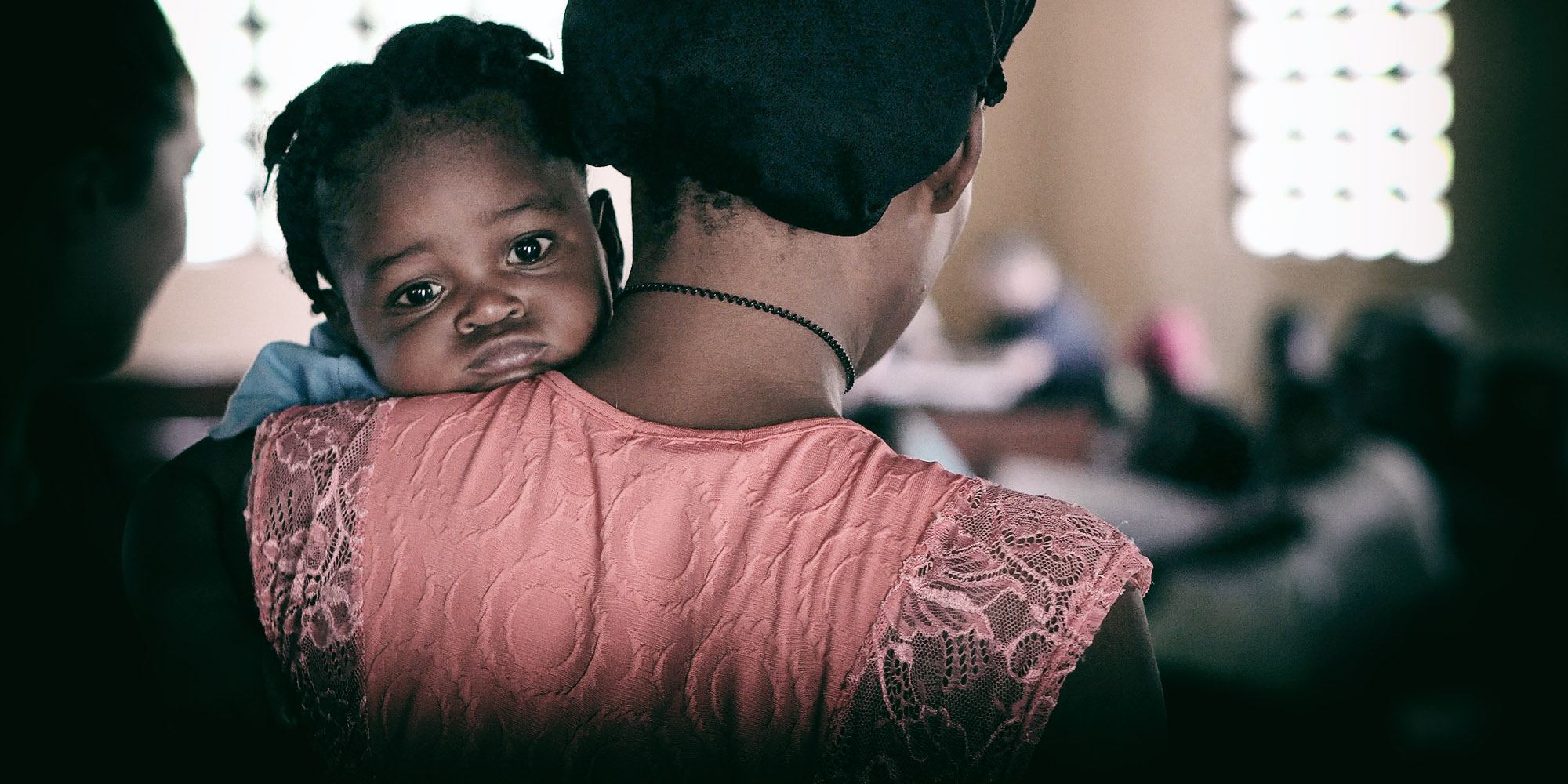In the landmark judgment delivered by Justice Cheberion Barishaki, the Constitutional Court held that the failure of Uganda’s government to provide basic maternal healthcare services and emergency obstetric care in public health facilities was a violation of the rights to health, life and women’s rights.
Justice Cheberion further emphasised that “expectant mothers need the utmost basic maternal healthcare services in hospitals during delivery but almost their lives and those of their newborn babies”. This was premised on the fact that:
“Women suffer a lot of shortages or shortcomings in the delivery of maternal healthcare services caused by stockouts of maternal healthcare packages, drugs, professional negligence, and limited budgetary provisions in the health sector, all of which deprive them of the opportunity to safely deliver babies.”
This spirited battle for the recognition and realisation of maternal health rights in Uganda begun in 2011 when Civil Society Organisation, Centre for Health, Human Rights and Development (CEHURD) filed Constitutional Petition No 16 of 2011, challenging the non-provision of basic maternal health commodities in Uganda’s public healthcare facilities that resulted in the deaths of many women while giving birth, such as the late Sylvia Nalubowa and the late Jennifer Anguko.
Though the petition was initially dismissed in 2012, an appeal was lodged in the Supreme Court that ordered the Constitutional Court to rehear the case on its merits.
Before CEHURD instituted this case, Uganda’s estimated maternal mortality ratio had decreased from 524 deaths per 100,000 live births in 2000-01 to 418 deaths in 2006. However, according to the Uganda Demographic Health Survey, it increased to 438 deaths per 100,000 live births in 2011 which justified the fact that the situation was only getting worse with more than 16 pregnant women dying every day in Uganda. The leading direct causes of preventable death were haemorrhage (42% of deaths), obstructed or prolonged labour (22%) and complications from abortion (13%).
Despite efforts to make healthcare services accessible to Ugandans by abolishing user fees in 2001, insufficient resources in Uganda’s public health system meant that pharmaceuticals were scarcely available, healthcare workers were frequently absent, emergency obstetric care came at a cost and patients were required to pay “informal fees” before they could receive health services.
The limited healthcare resources and ill-equipped health facilities had a significant impact on the quality, affordability and accessibility of health services for women in Uganda and which directly influenced the increase in the maternal mortality ratio that continues to remain unacceptably high even today.
As such, the Constitutional Court decision is critical for a number of reasons.
First, it recognises the justiciability of social, economic and cultural rights particularly the rights to health and to access emergency obstetric care that were initially watered down on the basis of the political doctrine and it also gives life to Article 8A and the National objectives and directive principles of State policy that are sometimes considered to be non-enforceable. This is premised on the fact that the court agreed with the petitioners and held that Objectives XIV and XX, read together with Article 8A of the Ugandan constitution, oblige the government to provide health and basic medical services to the people of Uganda.
The decision gives life to increased activism and judicial enforcement of other social, economic and cultural rights such as food, water, education and shelter amongst others that suffer grave violations but have not been successfully litigated in Uganda.
Second, the decision makes it mandatory for Uganda’s government to provide adequate equipment and supplies for preventive, diagnostic, and curative services, including training of medical staff and development of treatment guidelines and protocols for the management of maternal complications in line with Uganda’s minimum core obligations to regional and international human rights instruments such as the African Charter on Human and People’s Rights and the International Covenant on Economic, Social and Cultural Rights.
Third, the court also emphasised that it was not enough for the government to allege that it had policies for maternal health and impeding challenges to implementation of such policies but it had to demonstrate the practical measures or steps taken to realise the provision of maternal healthcare services to women in Uganda. As such, the court ordered the government to prioritise and increase its budgetary allocation for maternal health and compile and submit to parliament a full audit report on the status of maternal health in Uganda at the end of the next two financial years (2020/2021 and 2021/2022).
In conclusion, despite the nine year’s wait, the Justices of the Constitutional Court finally gave maternal health rights a place in Uganda’s constitution. This court ruling demonstrates that public interest litigation continues to be a viable option for protection of rights and a catalyst for social justice. DM/MC
Paul Wasswa is an advocate of the High Court of Uganda and Programme Officer-Strategic Litigation at the Centre for Health, Human Rights and Development (CEHURD). In 2018 he was also a fellow at SECTION27.
This article is more than 5 years old
Africa
Maternal health rights given a place in Uganda's constitution
On 19 August 2020, Uganda’s Constitutional Court gave maternal health rights a place in the Ugandan Constitution when the Constitutional Court declared access to basic maternal healthcare including emergency obstetric care in public health facilities as a right.




